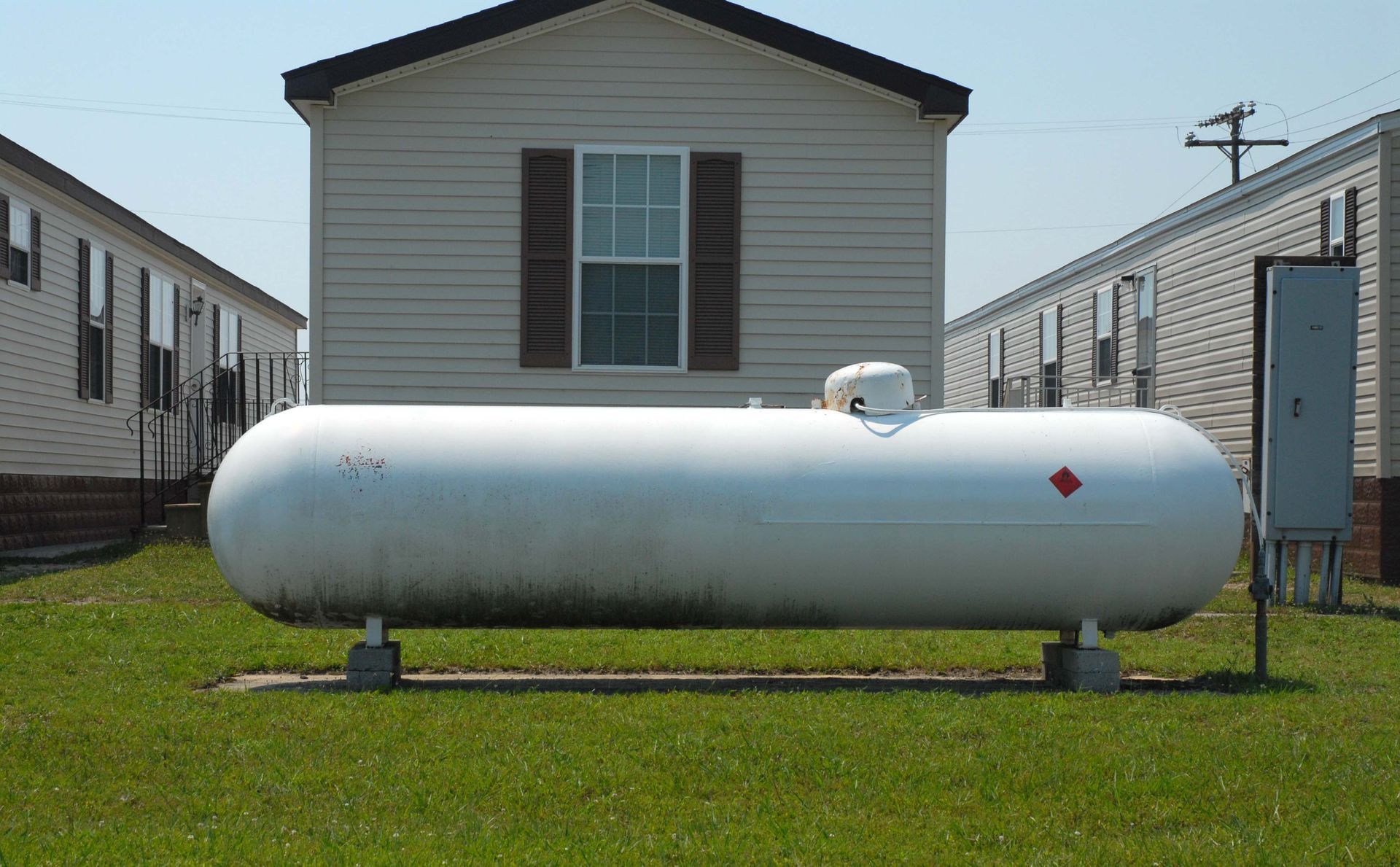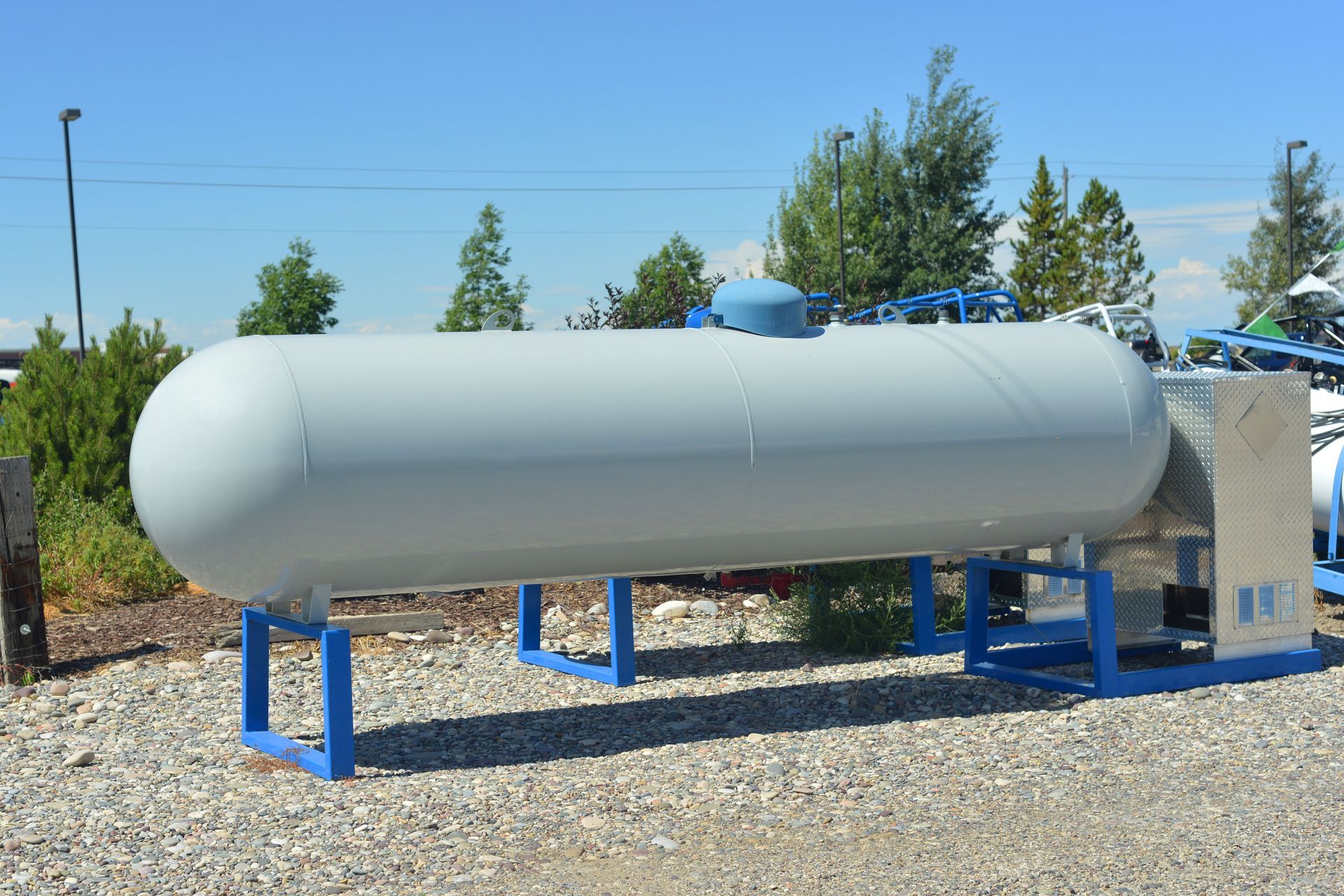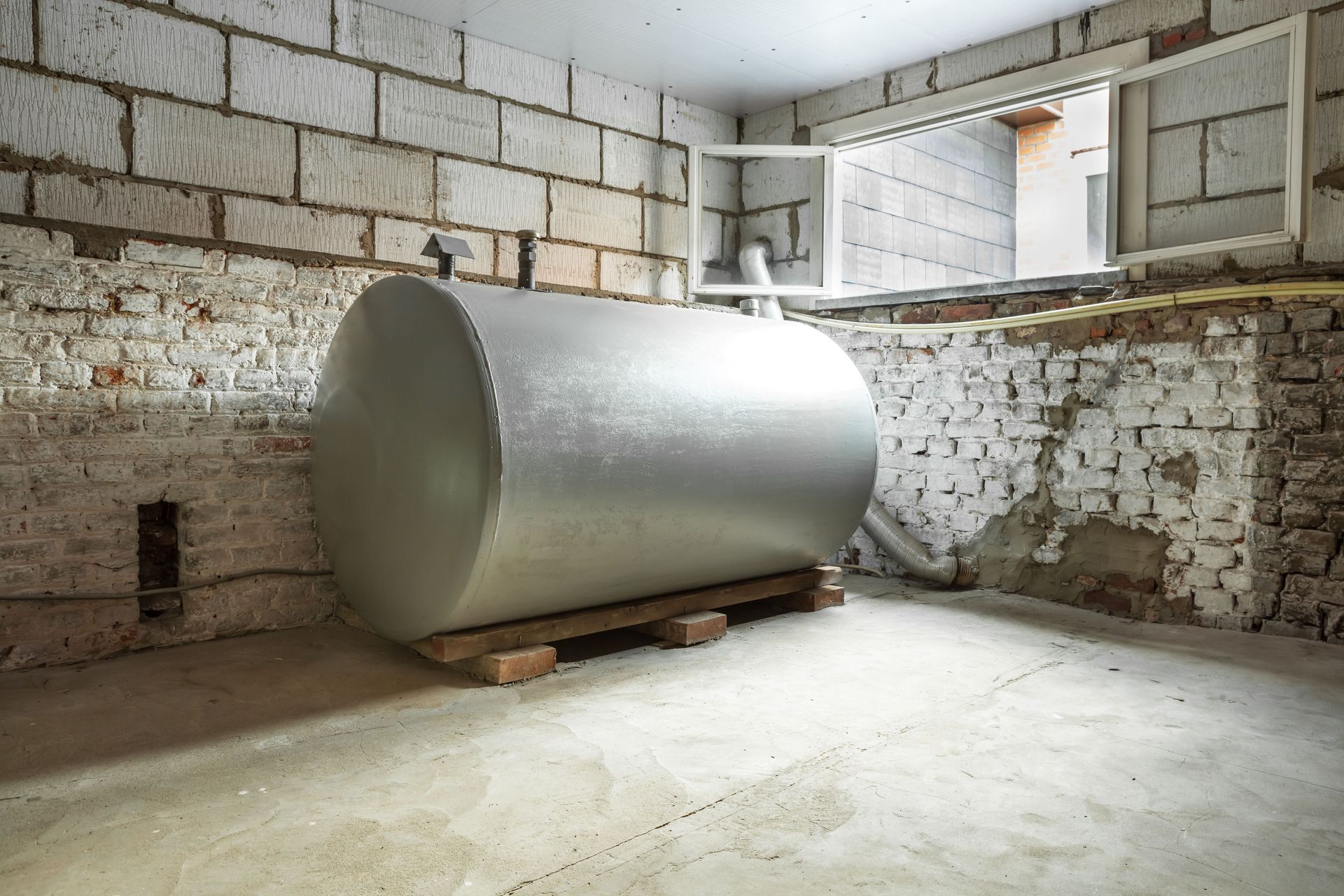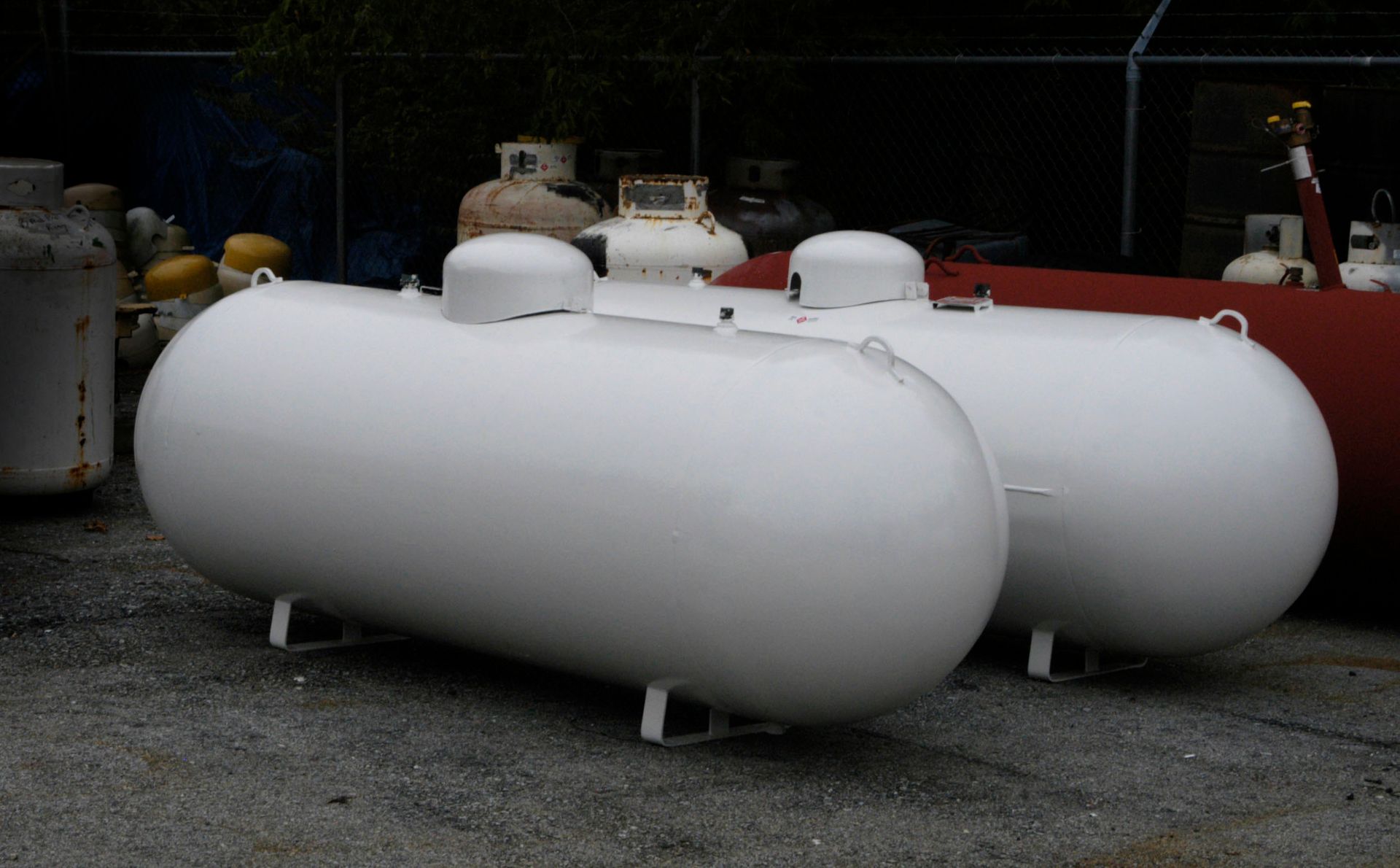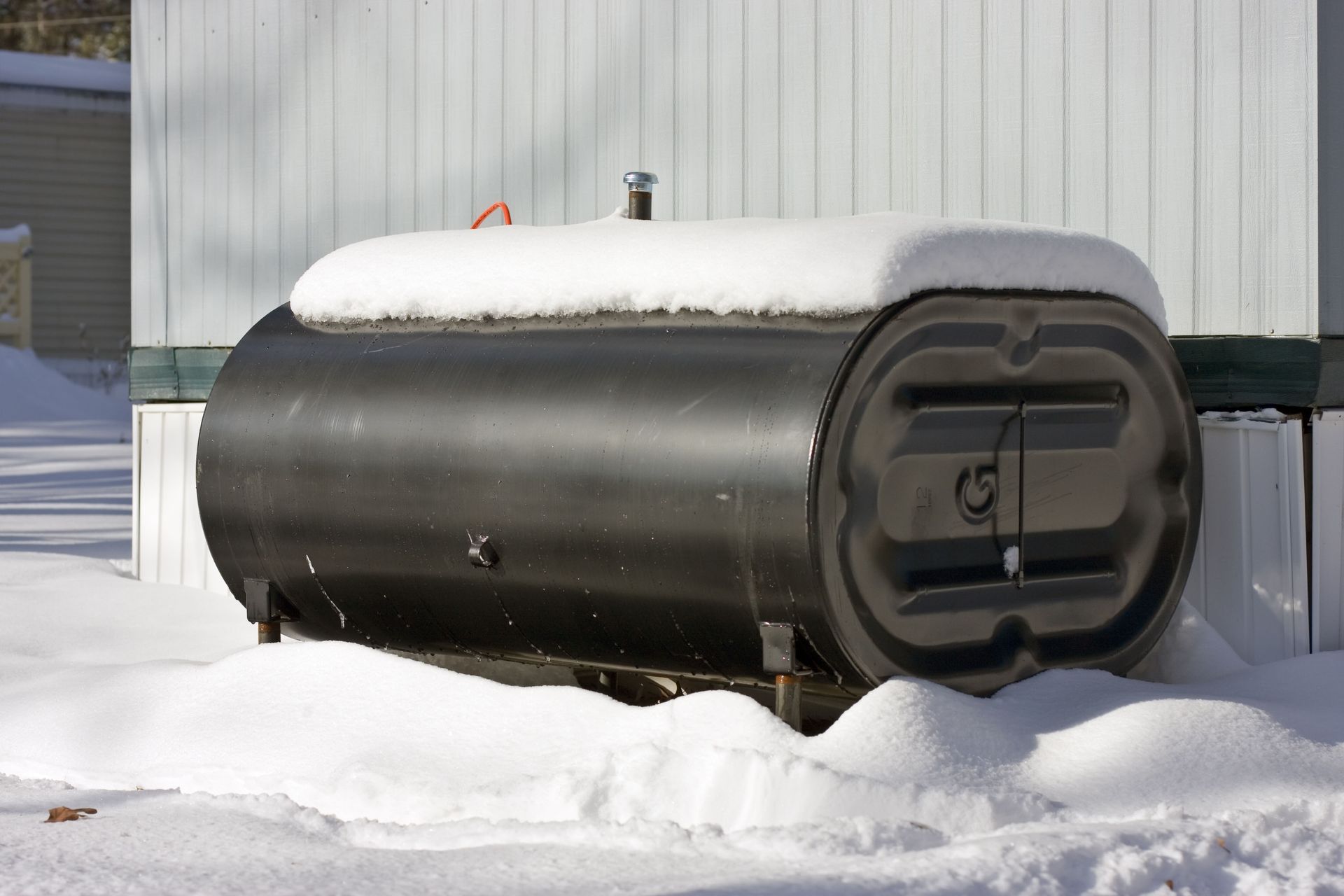What You Need to Know About Propane Vaporizers
As propane is widely used in residential, commercial, and industrial settings, it's important to have a clear grasp of how these vaporizers work and their significance in energy applications. This guide aims to provide you with essential insights into propane vaporizers, helping you better appreciate their role in modern energy strategies. Choosing the right propane vaporizer can improve efficiency and reliability in various applications.
Understanding the Purpose of Vaporizers
Propane vaporizers are devices designed to transform liquid propane into propane gas. The importance of this conversion process lies in efficient energy utilization. According to the Energy Information Administration (EIA), propane is 270 times more compact in its liquid form than in its gas form. This characteristic allows for effective storage and transport of propane, which can then be vaporized as needed for various applications. By facilitating this transformation, vaporizers ensure that propane can be used efficiently across multiple settings, from fueling forklifts to heating homes. Without a well-functioning system, many industries would struggle to maintain a consistent gas flow for optimal performance.
Choosing the Right Vaporizer for Your Needs
There are various types of propane vaporizers, each suited to specific needs and environments. The most common types include direct-fired and electric vaporizers. Direct-fired vaporizers utilize a propane flame to heat the liquid, while electric vaporizers use electrical elements for the task. Choosing the right type of vaporizer depends on factors such as the intended application, environmental conditions, and specific energy requirements. Industrial operations, for example, often rely on vaporizers to ensure a steady, efficient fuel supply for large-scale heating systems.
Maintaining Safety and Ensuring Proper Operation
Safety is paramount when dealing with propane, and vaporizers are designed with this in mind. Proper installation and regular maintenance are critical to ensuring their safe operation. Faulty systems can lead to inefficient fuel usage and pose safety hazards. It is crucial for individuals and organizations to comply with safety guidelines and standards to mitigate risks associated with propane handling and vaporization. Routine inspections, leak detection systems, and adherence to manufacturer recommendations can prevent accidents and extend the lifespan of a vaporizer.
Whether you're considering vaporizers for industrial use or residential heating, being informed will help you make sound decisions, ensuring a safe and efficient energy supply. Investing in a high-quality propane vaporizer and maintaining it properly can lead to long-term cost savings and improved energy reliability. Contact our team at Utility Energy Systems today to get connected with our energy services.

